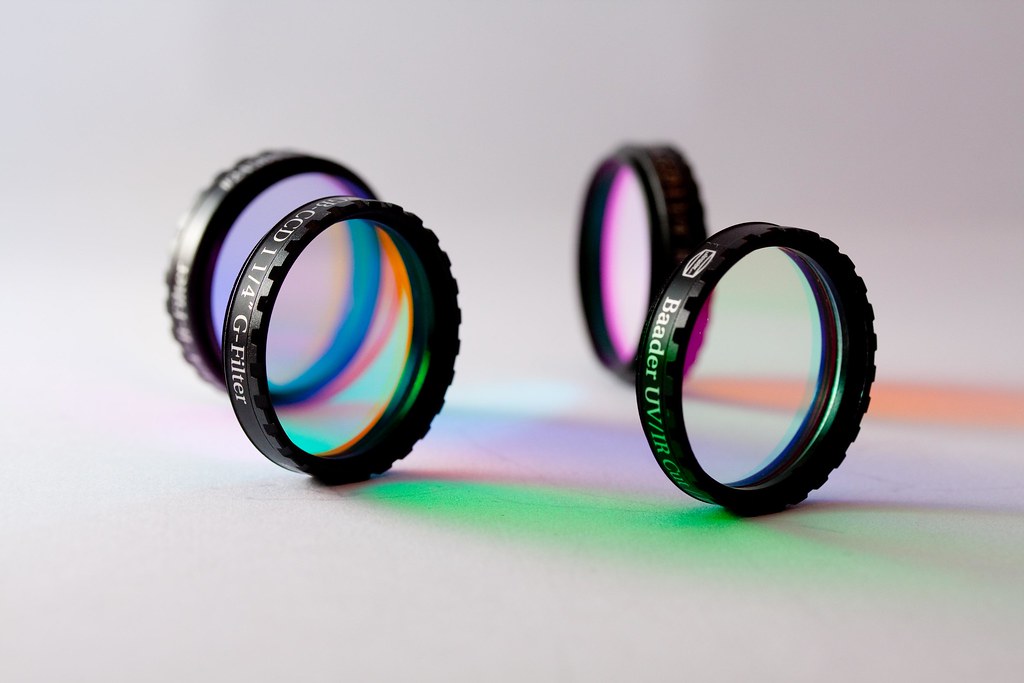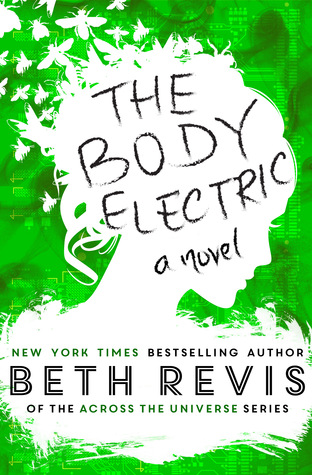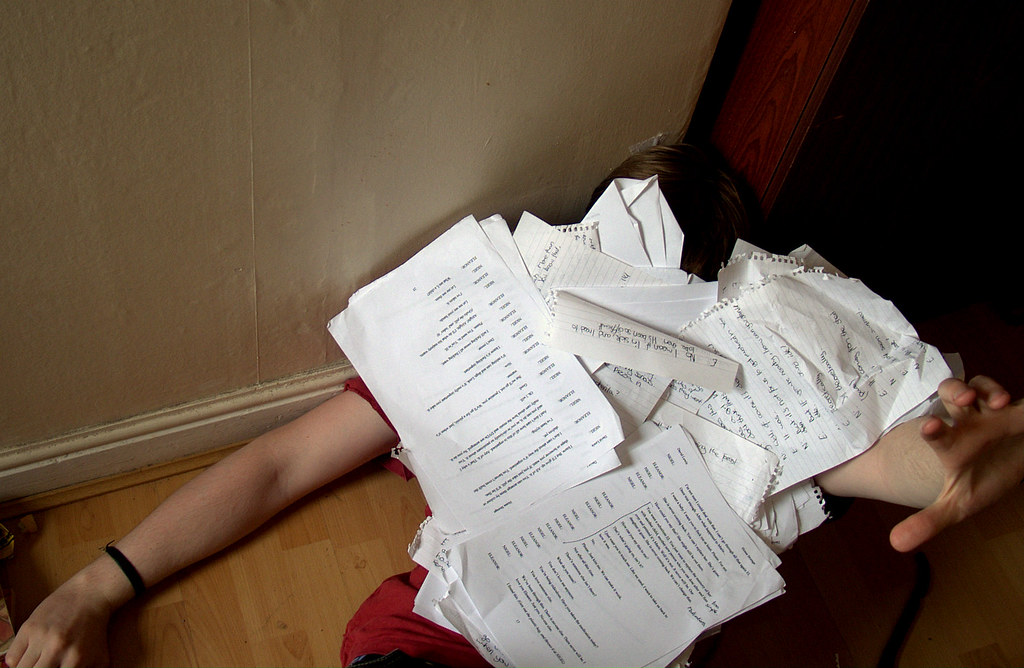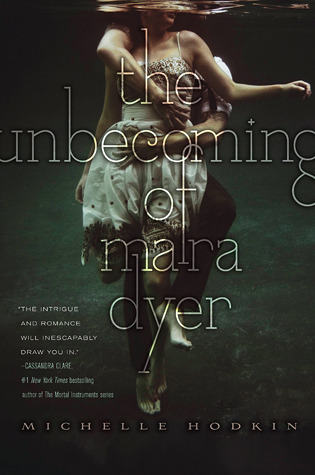 |
| Photo credit: Auntie P |
Here we go!
Title: THE LAST ADAGIO
Genre/Category: YA Dark Fantasy
First 250:
“When I closed my eyes, I could almost forget everything around me.
Music has a way of grabbing you by the shoulders, of playing your heartstrings and rippling shivers throughout your whole body. Of slowly levitating you away from where you are, a mere suggestion of transcendence. The notes that echoed throughout the room were like fading promises of impossible things, and you believed them and let them take you wherever they wished.
But then the music ended. I opened my eyes, realizing everyone was as they should be, sitting quietly in their places, as if the melody had not reached deep inside and grabbed at their core. The whole room was still, frozen in anticipation. I could still hear the notes that lingered in the air… but soon they were gone, taking the eerie feeling away with them.
There was a moment of silence. Then, as the man slowly lifted his fingers from the white keys of the piano, everyone let out a joined sigh, as if they finally had permission to breathe. A couple of hours before I could never imagine someone having that kind of power over so many people, a musician or not. Apparently neither had the others in the concert hall. But now…
The sudden round of applause interrupted my thoughts. I stood up as so many others did and joined them gladly. Just as promised, this had been a concert I wouldn't soon forget.”So my initial impression is this is okay, but it’s not really grabbing me. The second paragraph (or the first full-length paragraph, however you look at it), felt to me like it was trying a little too hard. This is actually pretty common—sometimes, I think, writers get so caught up in trying to make their writing sound beautiful and insightful that it starts to read a little stiff and…prose-y. I’m not sure I’m explaining that well. Basically, when writing starts to read like writing (rather than when the reader doesn’t notice the writing), it becomes noticeable.
The other thing I noticed is there isn’t much tension or conflict here. Granted, conflict isn’t absolutely 150% necessary in the first 250, but I do tend to like to at least see some sort of hint of a problem (even if it isn’t the problem), because otherwise, unless the voice immediately grabs me, I tend to lose interest.
Now for the in-line notes!
“When I closed my eyes, I could almost forget everything around me. This, to me, is not a strong enough opening line. This sentiment of closing one’s eyes are shutting out the world is pretty commonly used, and so it doesn’t really have much impact or immediately draw my interest.
Music has a way of grabbing you by the shoulders, of playing your heartstrings and rippling shivers throughout your whole body. Of slowly levitating you away from where you are, a mere suggestion of transcendence. This is a specific example of what I mean by sounding prose-y. The notes that echoed throughout the room were like fading promises of impossible things, and you believed them and let them take you wherever they wished. I like the bolded part and I think it’s nice, but on the first page, combined with the rest of the paragraph, it still reads like trying to sound like beautiful prose.
But then the music ended. I opened my eyes., realizing eEveryone was as they should be, sitting quietly in their places, as if the melody hadn’tnotreached deep inside and grabbed at their core. Two notes: first, I removed “realizing” to get rid of the filtering in this sentence. Second, the bolded section, to me, also reads prose-y to me. The whole room was still, frozen in anticipation.I could still hear the nNotesthatlingered in the air…but soonthey were gonefaded, taking the eerie feelingawaywith them. Rather than talking about the “eerie feeling” and the melody reaching inside other people, I want to get in your POV character’s head. How does this feeling make your protagonist feel physically (as opposed to theoretically, in this case)? The narrative, so far, has been pretty distant, which overarching statements about music and what it can do, but I haven’t seen much from your protagonist. I think especially in openings where not a whole lot happens, deep POV can be a great way to draw readers in, but it’s missing here.
Also, I removed “I could still hear the” because filtering, and “they were gone” and “away” to condense a little and improve the flow of the sentence.
There was a moment of silence. Then, as the manslowlylifted his fingers from the white piano keysof the piano,everyone let out a joined sigh,as if they finally had permission to breathe. Condensed to cut down on wordiness. A couple of hours before I could never imagine someone having that kind of power over so many people, a musician or not. Apparently neither had the others in the concert hall. But now…
Okay, so having read this a second time, I’m wondering if this is starting in the right place. This is a YA Dark Fantasy, so my guess is maybe something foreboding or bad happens shortly after this in the same scene. If that’s the case, this may be okay, but I’d still like to see hints of that right from the beginning, even if it’s subtle. Right now, with absolutely no tension or conflict on the first page, and a voice that isn’t really pulling me in, I would probably skim a couple pages, but would be leaning toward a pass.The suddenA round of applause interrupted my thoughts. I stoodup as sowith many othersdidand joined them gladly. Here, your protagonist is telling readers about how they feel, but I’m not feeling it. I want to experience what your protagonist is experiencing, but in order for readers to do that, we need to see more from the protagonist and really get in their heads. Just as promised, this had been a concert I wouldn't soon forget.”
I think this could be really great and I like the idea of starting with a concert gone wrong (assuming it does go wrong), but I think it’s important for us to get more deeply into your protagonist’s POV, so that we can really experience what the protagonist is experiencing and readers will hopefully be more drawn in from the start because of it.
I hope this helps! Thanks for sharing your first 250, Diana!
Would you like to be featured in a Fixing the First Page Feature? Keep an eye out for the next giveaway!
Twitter-sized bites:
.@Ava_Jae talks the importance of deep POV in the 9th Fixing the First Page critique. (Click to tweet)





















